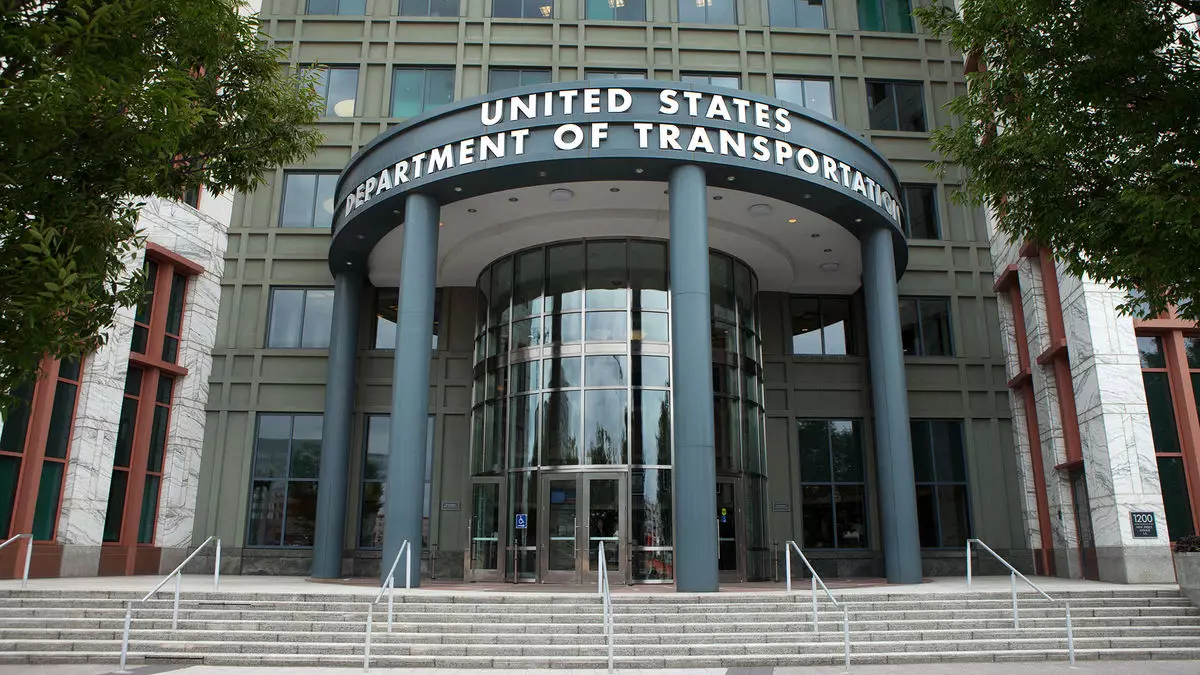The Department of Transportation (DOT) recently finalized new refund requirements, sparking outrage from airlines. These rules, set to go into effect in late June, have received sharp criticism from the Airlines for America (A4A) trade group. A4A claims that these regulations will result in higher air travel costs and have a negative impact on consumers by limiting choices and competition.
Among the key elements of the new regulations is a requirement for airlines to offer refunds for flights that are canceled or experience significant delays, with specific definitions for what constitutes a significant delay. For domestic flights delayed by more than three hours and international flights by more than six hours, airlines will be obligated to provide refunds to passengers. Additionally, changes to the arrival or departure airports, the addition of connection points, downgrades in seating class, and reductions in onboard amenities due to aircraft changes will also trigger refund entitlements.
A4A has raised concerns about the DOT deflecting responsibility for flight delays, pointing to a shortage of nearly 3,000 certified air traffic controllers as a major contributing factor. The trade group urges the DOT to prioritize hiring and training initiatives to address this issue, particularly in light of the surge in air travel volume.
In a bid to enhance transparency and protect consumer rights, airlines will be obligated to proactively notify passengers of their refund entitlements in cases of flight cancellations or significant delays. This provision aims to address the common industry practice of issuing credits instead of refunds to uninformed travelers.
As the airline industry grapples with the economic fallout of the COVID-19 pandemic, the implementation of these new refund requirements adds another layer of complexity. While consumer advocates applaud the move as a win for passenger rights, airlines argue that the regulations will impose additional financial burdens and operational challenges. The ongoing debate between regulators and industry stakeholders highlights the need for a delicate balance between protecting consumer interests and ensuring the financial viability of airlines in an increasingly turbulent landscape.

